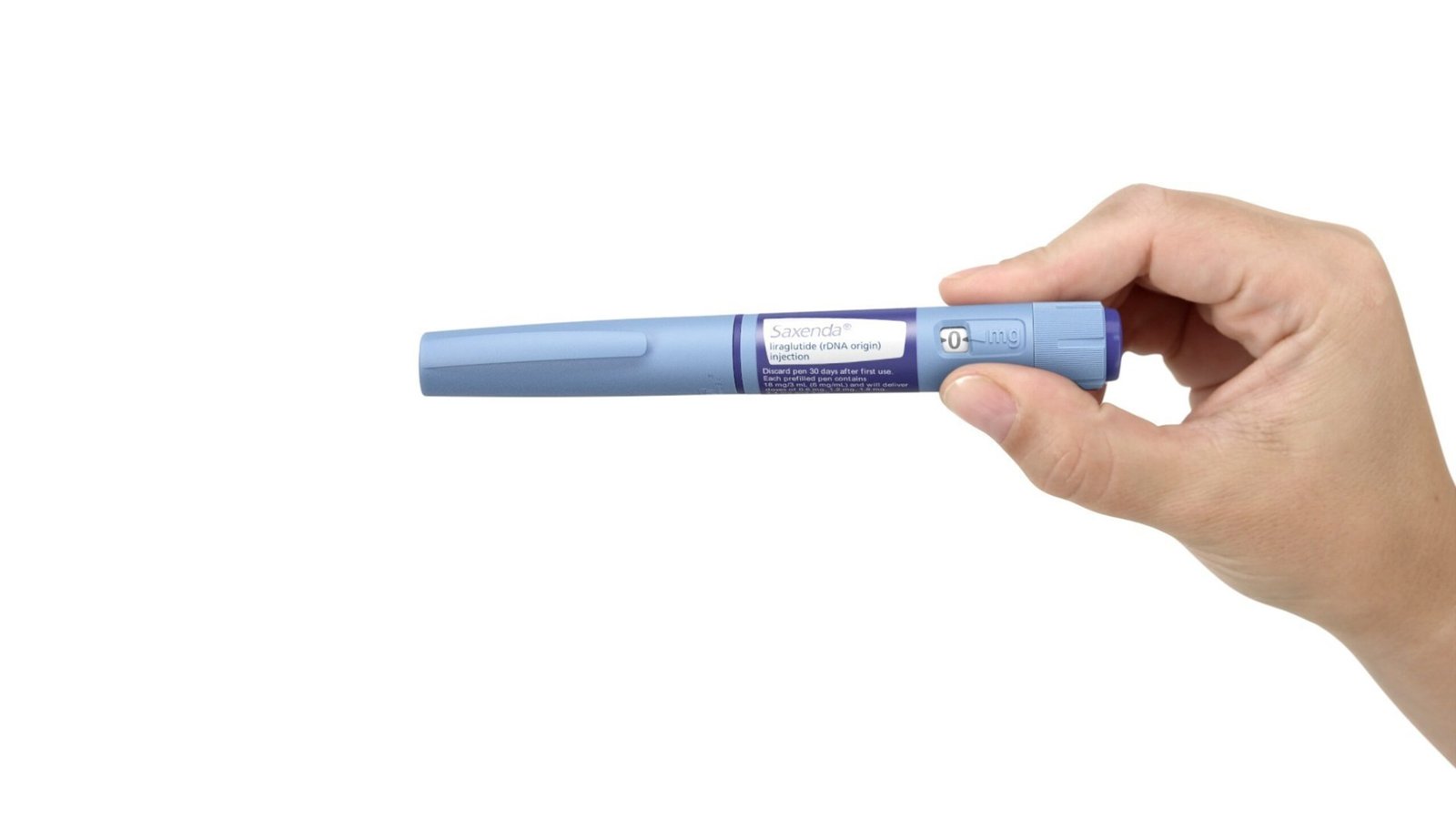Asthma is a chronic respiratory condition affecting millions of people worldwide. It is characterized by chronic inflammation, by narrowing of the airways, and presenting symptoms like wheezing, shortness of breath, chest tightness, and coughing. Although asthma can be controlled with proper treatment and care, it is vital to understand the importance of regular check-ups in maintaining optimal health and in preventing severe asthma attacks. There is no cure, but proper management can control the symptoms and prevent severe attacks. It is an indispensable part of management that asthma treatment doctors offer patients here in Delhi through regular check-ups.
Why Regular Check-ups Matter
Regular check-ups with your healthcare provider are essential for several reasons:
1. Monitoring Asthma Control
Regular check-ups allow healthcare providers to monitor the effectiveness of your current asthma management plan. During these visits, your doctor will assess your symptoms, lung function, and overall health to determine if your asthma is well-controlled. This is essential because well-controlled asthma means fewer symptoms, better quality of life, and a reduced risk of severe attacks.
2. Adjusting Treatment Plans
Asthma is a dynamic condition that can change over time. What works well today might not be as effective in the future. Regular check-ups provide an opportunity for your healthcare provider to adjust your treatment plan as needed. This might include changing medications, dosages, or adding new therapies to better manage your symptoms and prevent exacerbations.
3. Identifying Triggers
Asthma triggers can vary widely from person to person and can change over time. Regular check-ups help identify new or existing triggers that might be exacerbating your symptoms. By understanding and avoiding these triggers, you can reduce the frequency and severity of asthma attacks.
4. Educational Opportunities
Each check-up is an opportunity to learn more about asthma and how to manage it effectively. Your healthcare provider can offer valuable education on topics such as proper inhaler technique, recognizing early signs of an asthma attack, and lifestyle changes that can improve your overall health.
5. Preventing Complications
Untreated or poorly managed asthma can lead to serious complications, including chronic respiratory issues, reduced lung function, and even hospitalization. Regular check-ups help prevent these complications by ensuring that your asthma is well-managed and that any issues are addressed promptly.
What to Expect During an Asthma Check-up
1. Symptom Review
Your healthcare provider will ask about your symptoms, including how often you experience them and how they affect your daily life. Be honest and detailed in your responses to help your doctor make an accurate assessment.
2. Lung Function Tests
Lung function tests, such as spirometry, measure how well your lungs are working. These tests can help your doctor determine if your asthma is well-controlled and if your current treatment plan is effective.
3. Medication Review
Your doctor will review the medications you are taking, including their dosages and how often you use them. This is an opportunity to discuss any side effects or concerns you have and to make any necessary adjustments.
4. Trigger Identification
Your healthcare provider will ask about potential triggers and help you develop strategies to avoid them. This might include environmental changes, dietary adjustments, or lifestyle modifications.
5. Action Plan
An asthma action plan is a personalized document that outlines what to do if your symptoms worsen. During your check-up, your doctor will review and update your action plan to ensure it is current and effective.
Tips for Making the Most of Your Check-ups
1. Be Prepared
Before your appointment, make a list of any symptoms, triggers, or concerns you have. Bring a log of your medication use and any recent changes in your health.
2. Ask Questions
Don’t hesitate to ask questions about your asthma, treatment options, and overall health. Your healthcare provider is there to help you understand and manage your condition.
3. Follow Through
After your check-up, follow the recommendations and action plan provided by your healthcare provider. Consistency is key in managing asthma effectively.
4. Stay Informed
Stay informed about the latest developments in asthma management. Join support groups, read reputable sources, and attend educational events to stay up-to-date.
Tips for Effective Asthma Management Between Check-ups
Adhere to your medication plan: Take your medications as prescribed, even when you feel well.
Use your inhaler correctly: Proper inhaler technique is essential for optimal medication delivery.
Avoid triggers: Identify and minimize exposure to allergens, irritants, and other triggers.
Maintain a healthy lifestyle: Eat a balanced diet, exercise regularly, and get enough sleep.
Manage stress: Practice relaxation techniques, such as yoga or meditation.
Keep a symptom diary: Track your symptoms, triggers, and medication use to identify patterns and trends.
By prioritizing regular check-ups and following these tips, you can effectively manage your asthma and improve your quality of life.
Dr. Saumya Rathi: Your Partner in Asthma Care
Dr. Saumya Rathi, a renowned asthma treatment doctor in Delhi, is dedicated to providing comprehensive and personalized care to her patients. She understands the challenges of living with asthma and is committed to helping you achieve optimal lung health.
Book an Appointment Today
Don’t let asthma limit your potential. Schedule an appointment with Dr. Saumya Rathi to receive expert care and regain control of your breathing.
















Leave a Reply